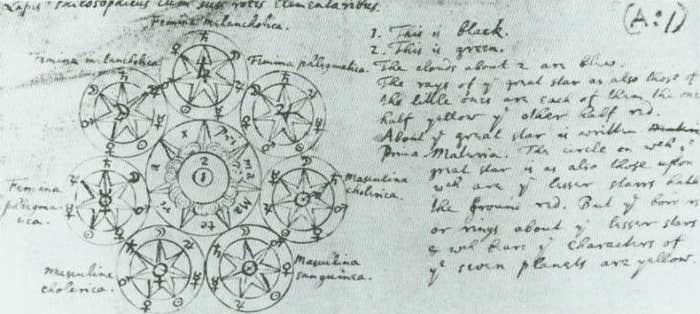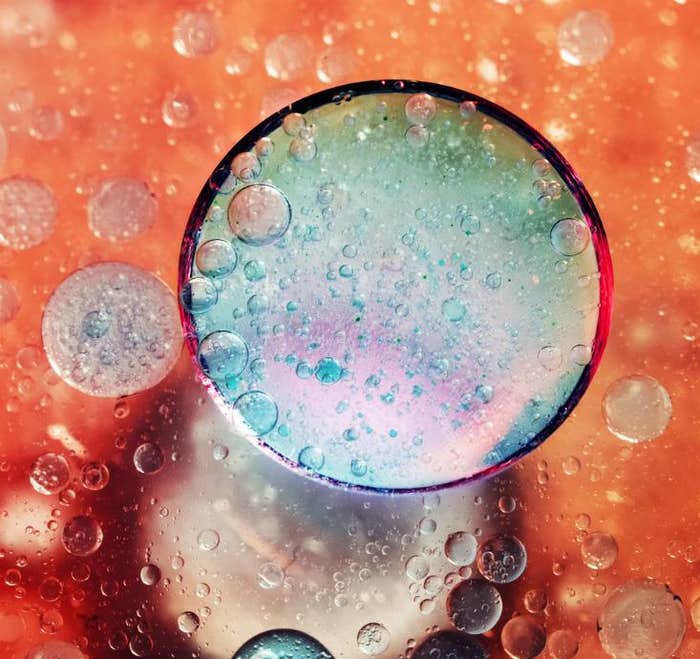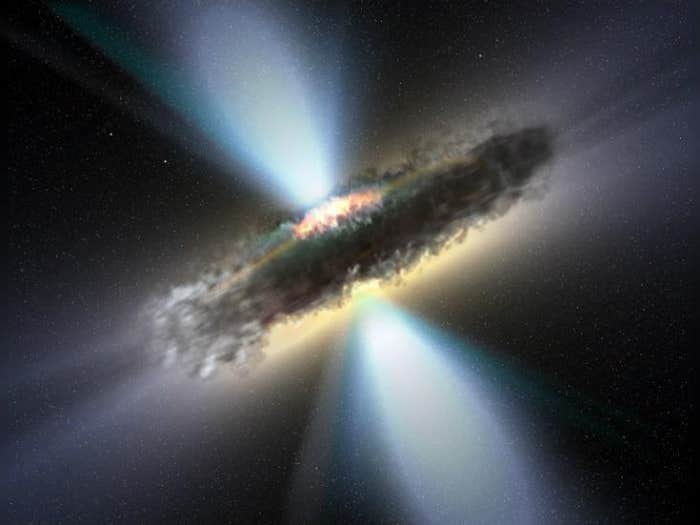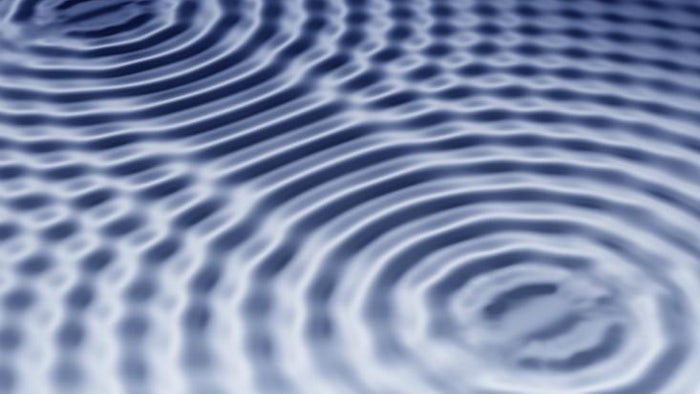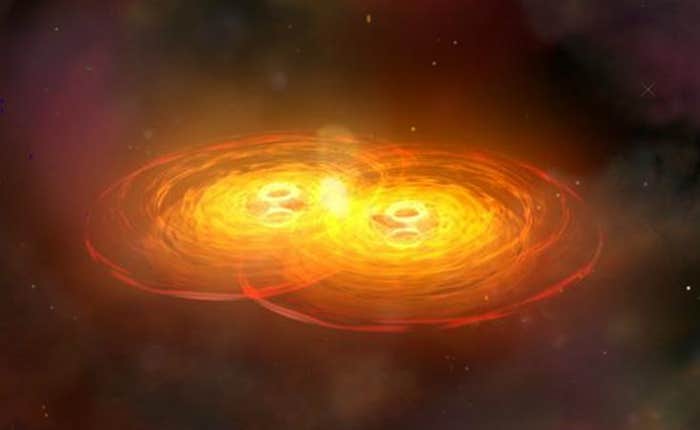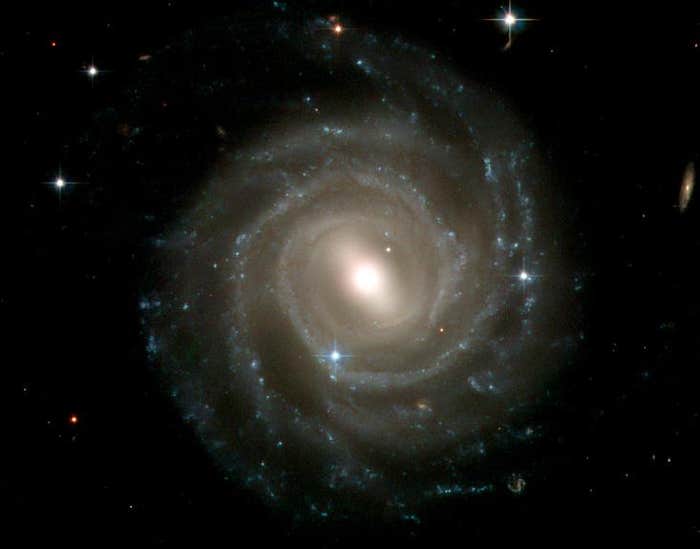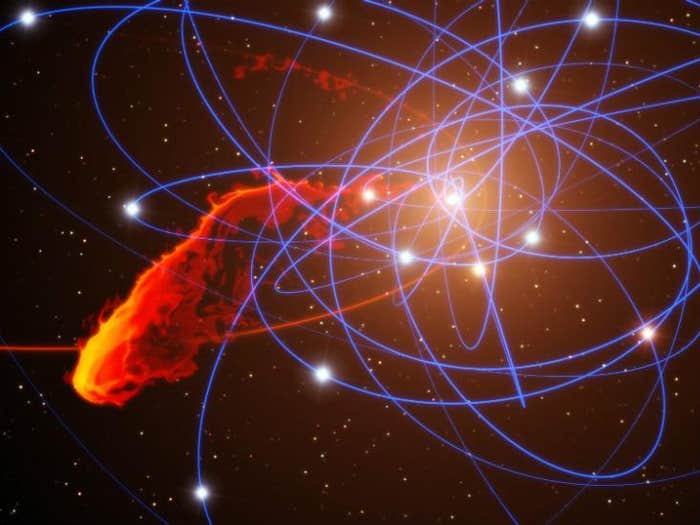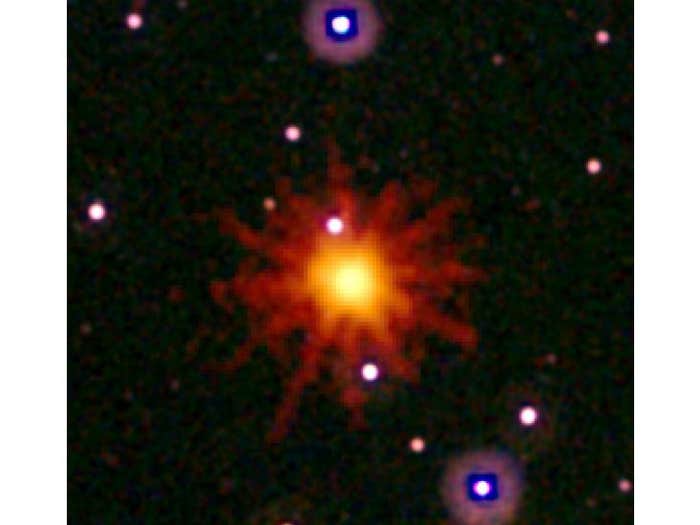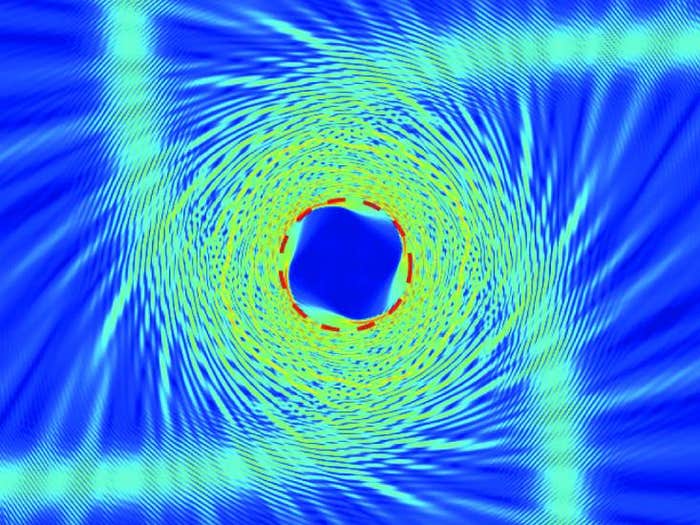Matthew Francis
What to Do When Genius Fails
Isaac Newton’s diagram of the Philosopher’s Stone, a substance that could supposedly turn base metals into gold. Nautilus Members enjoy an ad-free experience. Log in or Join now . Geniuses, however we define the concept, often evoke particular strong feelings. Many of us develop personal affection for them, defending them from criticism as fiercely as […]
Earth’s Stash of Gold Comes From Colliders Fit for Gods
Ron Dale via Shutterstock Nautilus Members enjoy an ad-free experience. Log in or Join now . One of science’s greatest feats is having described where we came from—not as individual people, or as a species, or even as a planet, but as stuff, the very material we’re made of. The Big Bang forged all of […]
Is Our Universe Like Oil & Vinegar or Homogenized Milk?
Is our Universe inhomogeneous, lumpy and uneven on many size scales, like oil droplets in water?via Shutterstock Nautilus Members enjoy an ad-free experience. Log in or Join now . In the earliest moments after the Big Bang, the Universe was a turbulent mess, a high-temperature stew of quantum fluctuations. As with turbulence in water, […]
“White Holes” Could Exist—But That Doesn’t Mean They Do
Nautilus Members enjoy an ad-free experience. Log in or Join now . A black hole is a one-way door to oblivion. According to general relativity, once anything crosses its boundary—the event horizon—it cannot return to the outside. For that particle, the black hole is the entire future.We’ll never actually get a chance to see […]
How to See Quantum Drops of Light
An illustration of wave interferenceSybille Yates via Shutterstock Nautilus Members enjoy an ad-free experience. Log in or Join now . Though we can see in remarkably low-light conditions, humans aren’t quite sensitive enough to see individual photons—the particles that make up all types of light. In our day-to-day lives, we are so awash with light […]
The Most Massive Object in the Universe—How Was It Created?
Nautilus Members enjoy an ad-free experience. Log in or Join now . The galaxy known prosaically as M87 doesn’t look like much. Unlike beautiful spiral galaxies (including the Milky Way), M87 appears as an orangish blob of stars through telescopes. Its only noticeable feature is the long streamer of gas emanating from the galactic […]
How to Map a Galaxy When You’re Right in the Middle of It
Why the Milky Way looks like it spirals.
Where Nature Hides the Darkest Mystery of All
Nautilus Members enjoy an ad-free experience. Log in or Join now . No known object in existence has as clear a division between “inside” and “outside” as a black hole. We live and see the outside, and no probe will bring us information about the inside. We can send radio messages or robotic spacecraft, […]
The Freaky Celestial Events We See—and the Ones We Don’t
On March 28, 2011, the orbiting Swift observatory spotted an extraordinary gamma-ray burst, a bright source of energetic light from a distant galaxy. Gamma-ray bursts (GRBs) are some of the brightest and most energetic events in the cosmos. Their measurable strong emission in most cases vanishes after about 30 seconds, but this particular event—known as […]
An Arguably Unreal Particle Powers All of Your Electronics
A microscopic image of a metamaterial used to test relativity in a lab.Lawrence Berkeley National Laboratory Nautilus Members enjoy an ad-free experience. Log in or Join now . Like happy families, every free electron is alike: They all have the same mass, the same electric charge, and the same spin. But inside a solid, various […]















